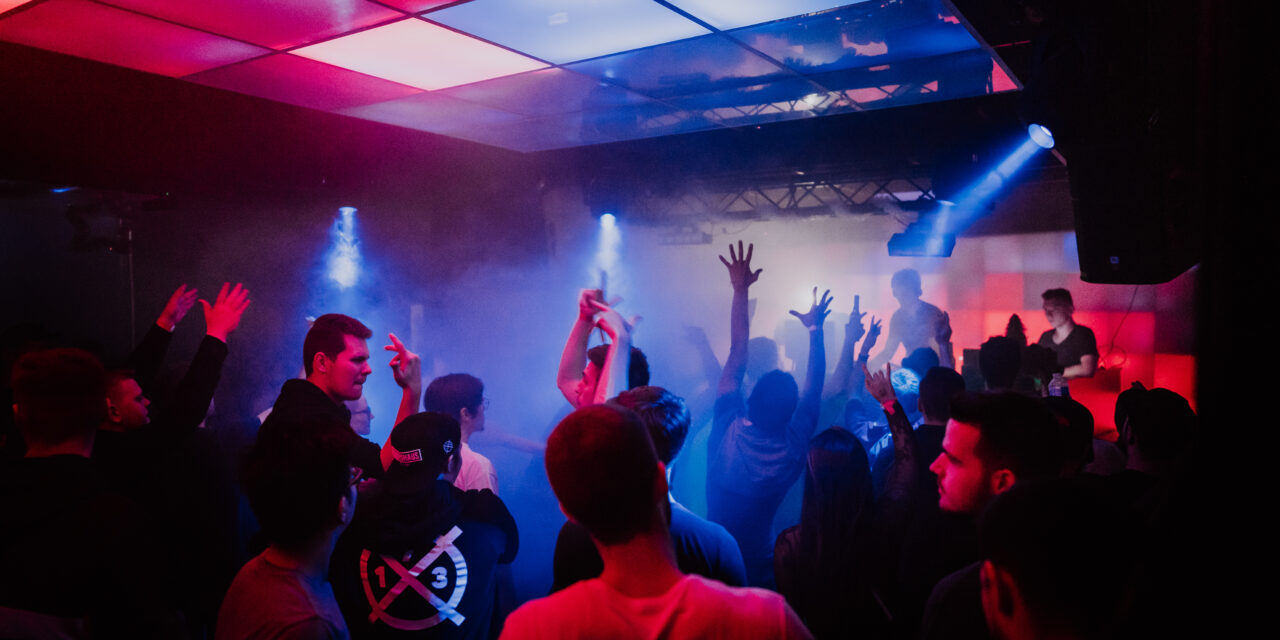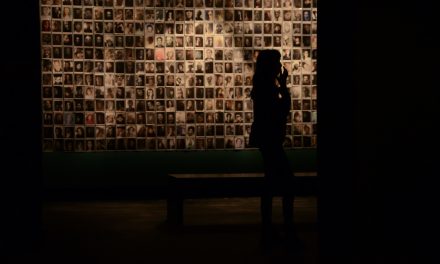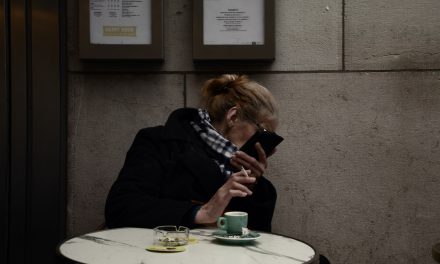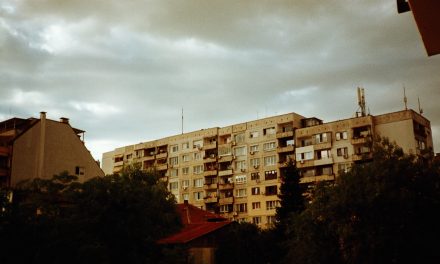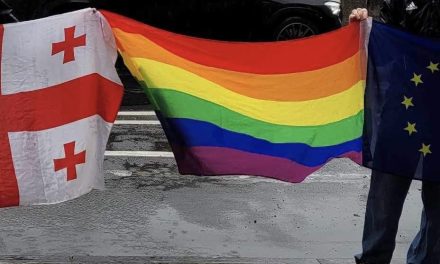Loud music pumping through the soundsystem, geometric lasers shining through clouds of smoke and condensed water droplets, formed by the accumulated heat from sweaty dancers, falling from the ceiling of the dancefloor. This was at least a weekly occurrence on dancefloors in clubs and bars in and around the city of Utrecht before the Coronavirus pandemic resulted in a “new way of living”.
“It´s been too long. I can barely remember it.” said Aaron Biermann, a.k.a. Jessee when asked about his last official gig. As a music producer and DJ, Jessee contributes to nightlife by not only performing in clubs and festivals in Europe but also producing his own tracks at home.
With the coronavirus rapidly spreading across the globe, the Dutch government put measures in place to counter the spread of the virus. Residents of the Netherlands were asked to stay at home and to limit contact with others as much as possible. Hygiene rules like wearing a mask and washing hands were communicated in the news on a daily basis. All non-essential stores and businesses were ordered to close. With emerging coronavirus variants, most notably a new, more infectious and therefore more dangerous variant from the UK, the Dutch parliament decided that from January 23, 2021, a curfew from 21:00 to 4:30 has to be put in place throughout the Netherlands.
Since late March, when the first restrictions were put in place, the residents of the Netherlands haven´t been able to go to public events and gatherings. This long-term exposure to restrictions has forced the people to embrace a lifestyle many named the “new normal”.
Inevitably, nightlife in Utrecht was non-existent in this “new normal”.
For artists like Aaron who take a lot of their motivation and inspiration from playing gigs in a club, the restrictions are taking a toll on their creativity: “After having played a gig to a nice crowd, at a club or festival I feel like I need to go to the studio to make new songs. Playing a gig motivates me because I have the goal in mind to play that song for the people.” But since the clubs had to shut their doors and the opportunity to play for others was gone, it became a struggle for him to find motivation and inspiration to be creative.
As someone who also actively organizes events himself and even had an event planned which got cancelled due to the corona restrictions, he considered himself lucky, that as a promoter, he hadn´t booked the venue yet and therefore hadn´t had to pay rent and didn´t have any expenses unlike many other unlucky event managers.
It is troubling for artists like him to see the state of the nightlife and club culture in the Netherlands and all around the world: “All these venues that have been closed for so long and all these bars, people and existences that are dependent on it… It´s just sad to see.”
But necessity is the mother of invention.
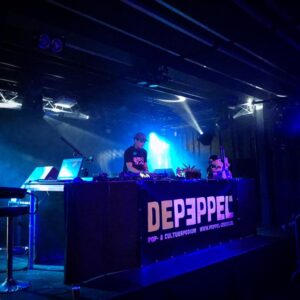
Jessee playing a live stream at De Peppel in Zeist, Netherlands – picture taken by Cedric Ahler
An alternative to going out to a club and a lifeline for artists, clubs, festivals, promoters and labels are digital live streams. As an Artist, Aaron appreciates the existence of those alternatives but he makes it clear that, to him, there is no such thing as experiencing the music within the venue together with a crowd. “On the one hand I think it´s great that there are alternatives to engage with your fanbase but on the other hand you can have the most incredible and craziest livestream, but it´s still not the same, you´re still in your living room. It´s not the real deal.”
As vaccines are continued to be distributed to the public and infection numbers are decreasing, many, including Aaron are hoping for a quick return to the dancefloors and a revitalization of club culture to finally be able to dance together again.
